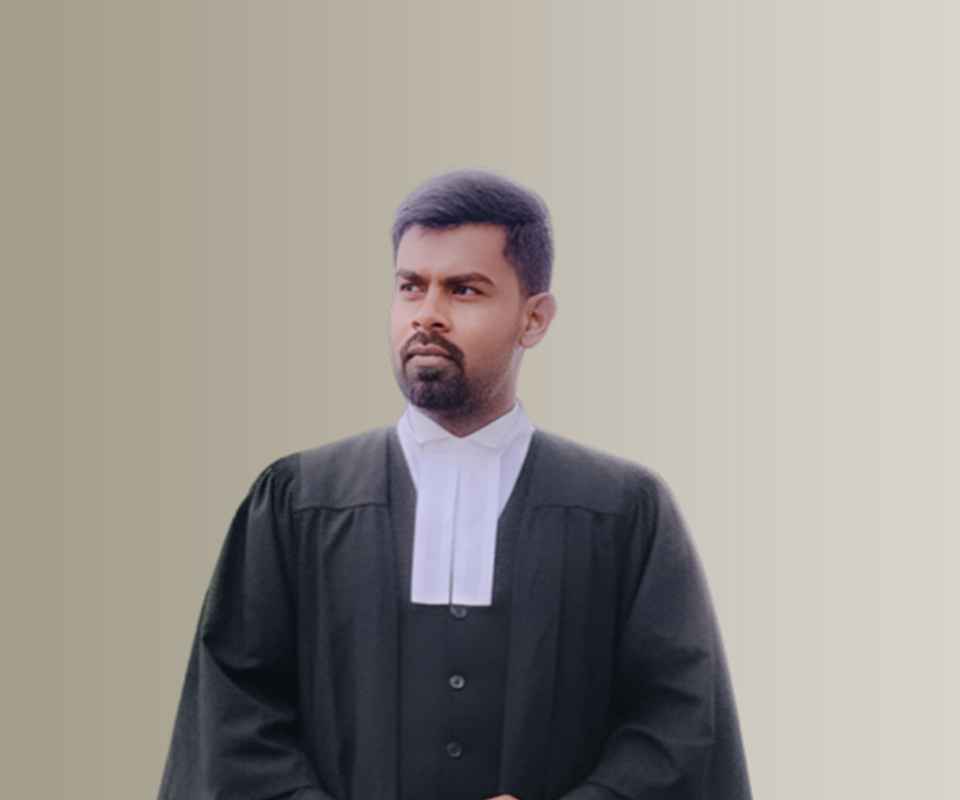Answer By law4u team
The role of traffic police is to enforce road safety rules and issue challans for violations. Typically, they are required to wear a uniform to clearly identify themselves as law enforcement officers. The question arises whether they can issue challans if they are not in uniform, and whether such actions hold legal validity.
Traffic Police and Uniform Requirements
Legal Framework:
According to Indian law, traffic police officers are generally required to wear uniforms while performing their official duties to maintain transparency and public trust. Their uniform serves as a means of identification, ensuring that the person issuing the challan is indeed a law enforcement official with the authority to do so.
Uniform and Authority:
While there might be exceptions in certain circumstances (such as undercover operations or special tasks), a traffic officer issuing a challan without a uniform could raise questions about the officer's authority and the authenticity of the fine.
Validity of Challan Without Uniform:
If a traffic police officer is not in uniform, it could lead to confusion or disputes about the legitimacy of the issued challan. However, the challan may still be valid if the officer can provide proper identification upon request, such as a badge or identification card.
Exceptions and Practical Considerations:
In rare cases where traffic police are on duty but temporarily out of uniform, they may still be able to issue fines if they are in official capacity and have the required credentials on hand. However, this is generally not the norm and could lead to questions from the public or legal challenges.
Legal and Procedural Implications
Public Perception:
The lack of uniform can lead to a perception of illegitimacy or fraud. Citizens might question whether the person issuing the challan is genuinely a traffic officer, which could lead to disputes or complaints.
Officer Identification:
In cases where the officer is not in uniform, it’s important for the officer to carry an identification card and clearly explain their role. If the officer cannot properly identify themselves, the validity of the challan could be contested.
Court Disputes:
If the challan is contested in court, the officer’s uniform or lack thereof may come under scrutiny. While the absence of a uniform does not automatically invalidate a challan, it may complicate the defense or challenge, especially if the officer's identification is unclear.
Example
Suppose a traffic police officer is not in uniform but stops a motorist for speeding and issues a challan. The driver may ask the officer for identification to verify that they are indeed a law enforcement officer. If the officer fails to provide a badge or identification card, the motorist may challenge the legitimacy of the challan. In such cases, the officer's lack of uniform may be a factor in the dispute, but the challan could still be upheld if the officer can prove their identity and authority.







